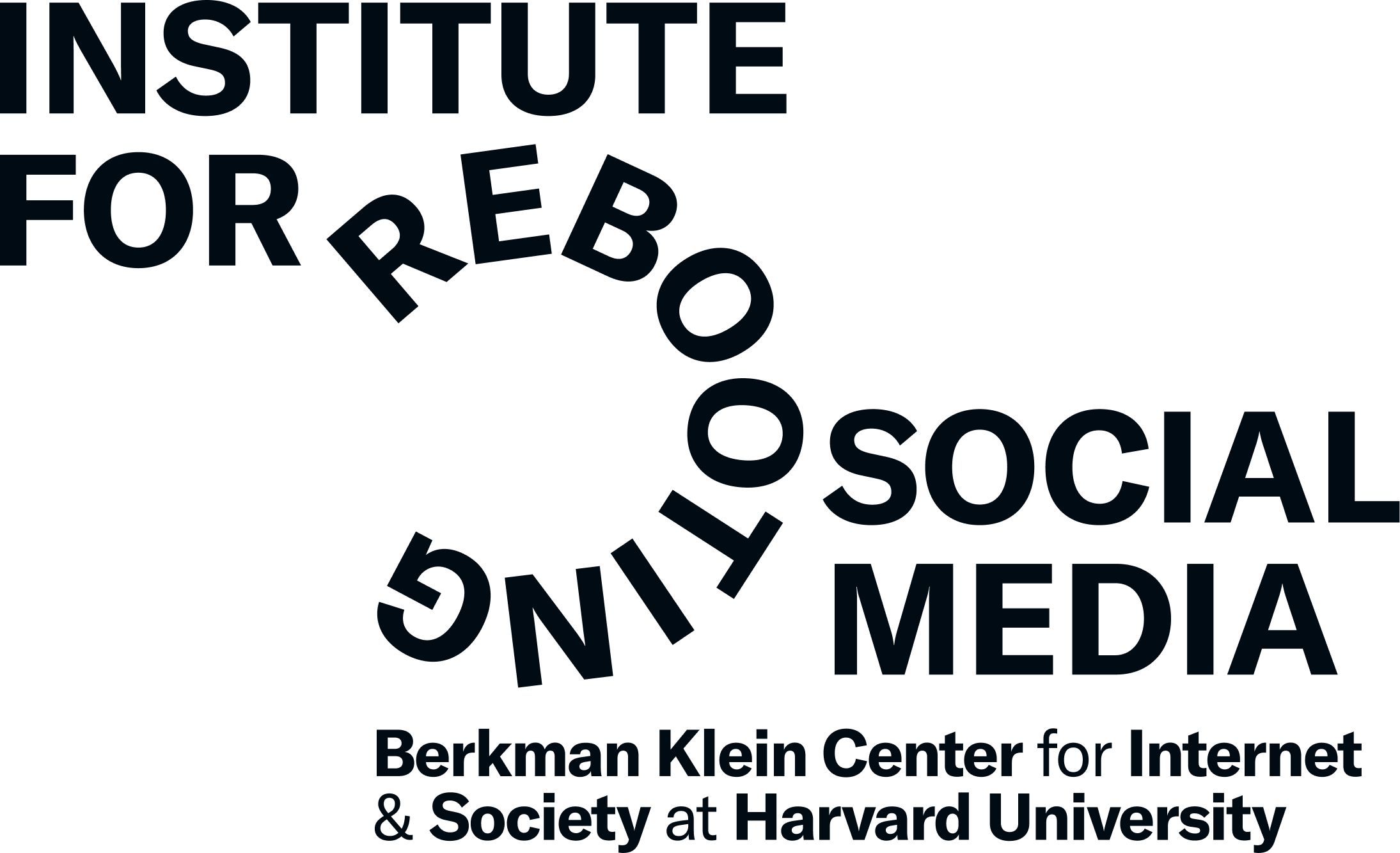
Bao Kham Chau
Bao Kham Chau is a Co-founder/Director at Cornell Law Xenophobia Meter Project and a Visiting Fellow at CornellTech Digital Life Initiative and at the CornellTech Research Lab in Applied Law + Technology. He is interested in pursuing two related strands of research at the intersection of law and technology. Broadly speaking, he seeks to explore how the changing technological landscape affects the current legal regulatory frameworks (e.g., Internet and Artificial Intelligence governance). At the same time, Bao also investigates how to use computational text analysis techniques to help derive novel insights into the judiciary of developed, developing, and authoritarian states.
Before entering legal private practice, Bao worked as a (senior) software engineer for three successful startups in Silicon Valley. He received his B.A. in Computer Science, History (honors), and Political Science from UC Berkeley, an A.M. in Regional Studies, East Asia from Harvard University, and a J.D. from the University of Virginia School of Law.



